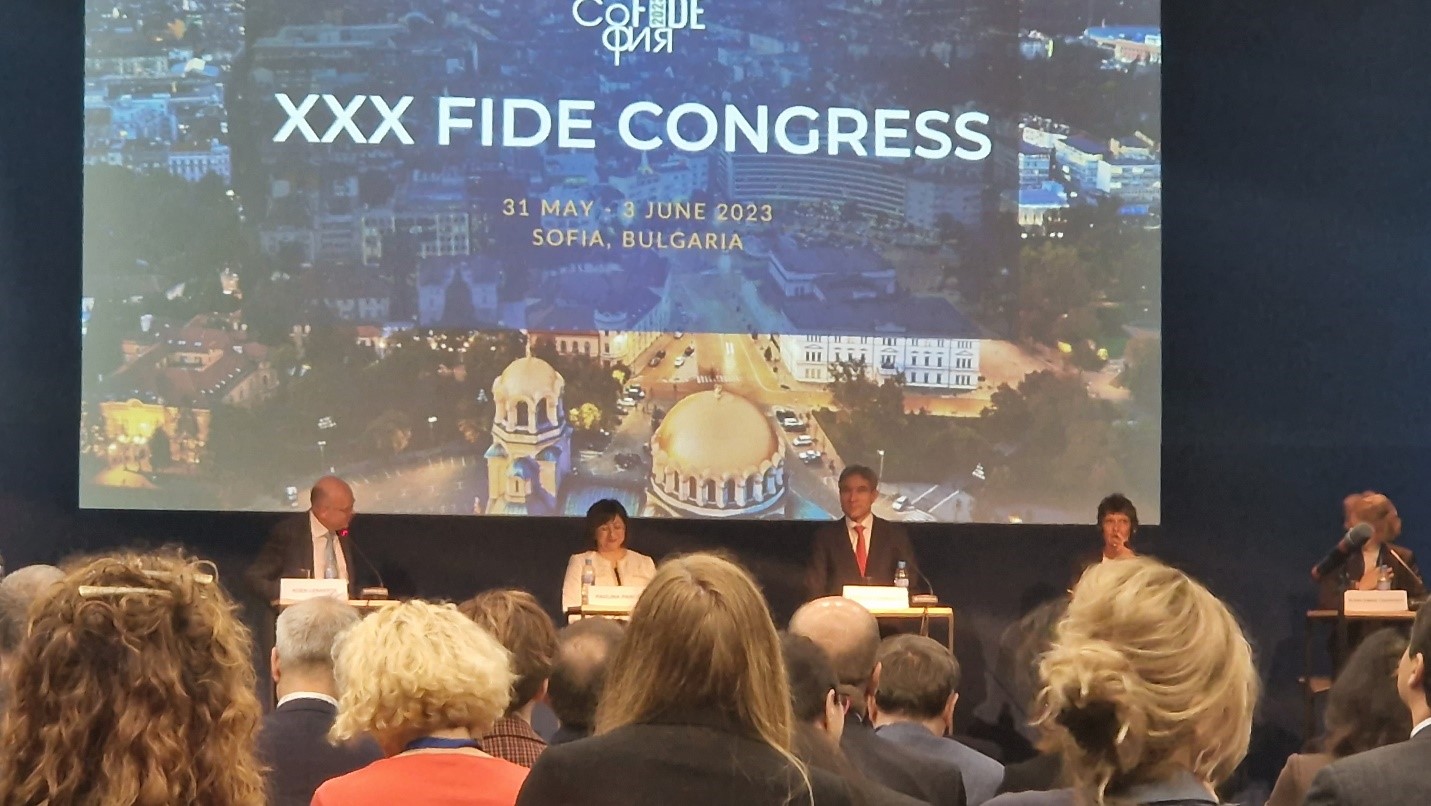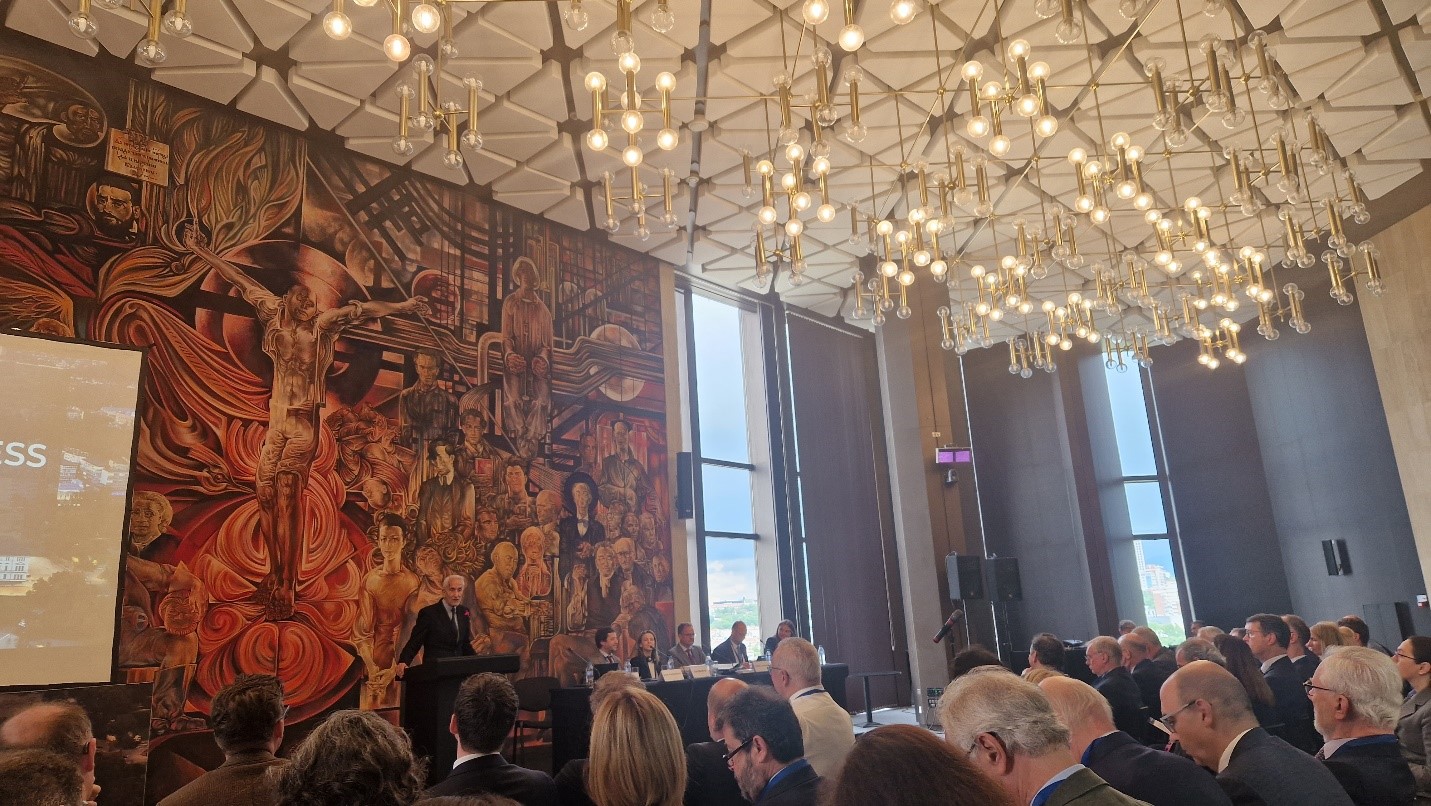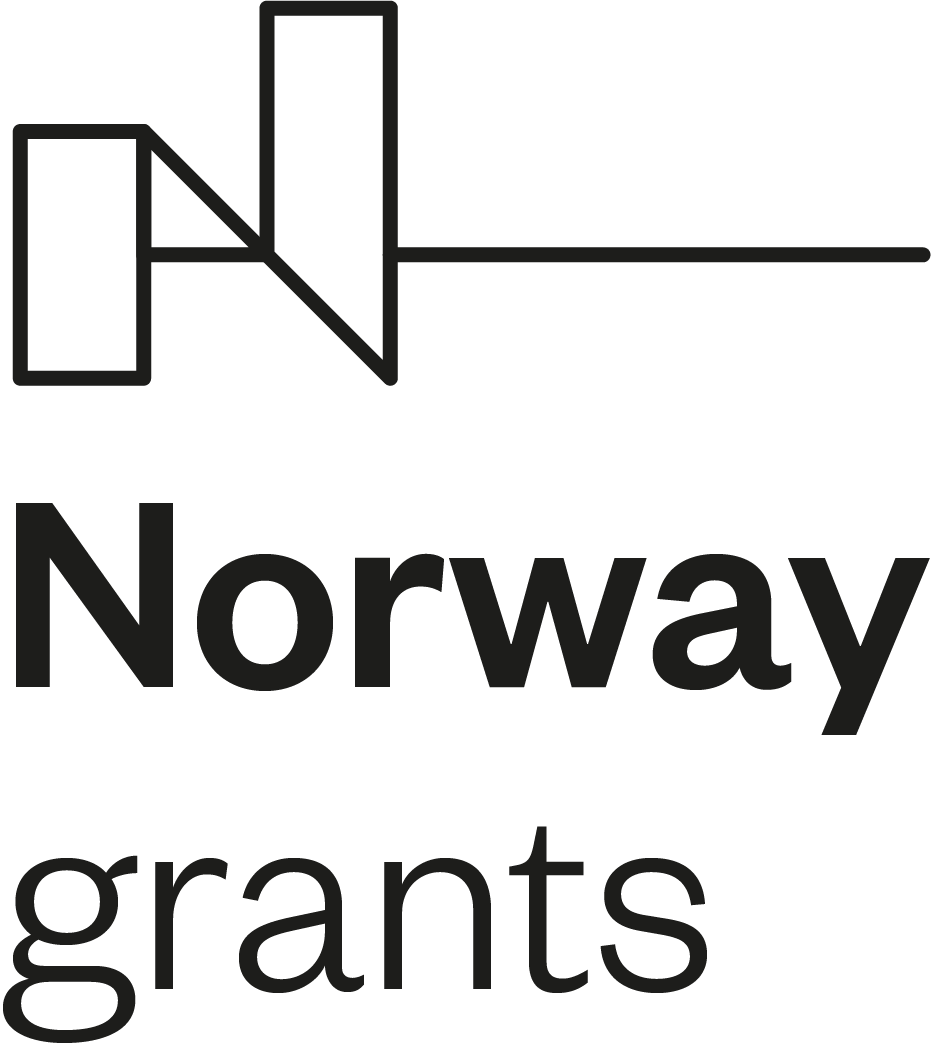focus of discussions on the rule of law in the EU at XXX Congress of the International Federation of European Law (FIDE)
Angelina Lazarova
Judge at Varna Court of Appeal
The XXXth Jubilee Congress of the International Federation of European Law was held under the chairmanship of the Bulgarian Association of European Law in Sofia in the period 31.05.-03.06.2023. The most up-to-date topics of European law have been brought to the attention of more than 500 leading scientists, judges, representatives of legal professions from EU Member States and other countries. The President of the Court of Justice of the EU – Koen Lenaerts, the Bulgarian judge at the CJEU and President of FIDE in the period 2021-2023 – Alexander Arabadjiev, the Presidents of the Constitutional Courts of Bulgaria, Ukraine, Germany, judges from the constitutional courts of France, Romania, Albania and North Macedonia, representatives of the European Parliament and the European Commission (Commission) actively participated in the work of the Congress.
 In the discussion on one of the main topics – “Mutual Trust, Mutual Recognition and Rule of Law”, in the panel dedicated to “The Rule of Law at EU level and with regard to the EU institutions”, the Deputy Director-General of the Commission Legal Service – Clemens Ladenburger, presented as a priority to the Commission the work on establishing minimum ethical standards applicable to all EU institutions under Article 13 of the EU Treaty. Thus, the European Parliament, the European Council, the Council, the Commission, the Court of Justice of the European Union, the European Central Bank and the Court of Auditors would have common and uniform minimum ethical rules. Mr Ladenburger stressed that codes of ethics are an up-to-date tool for increasing the trust of EU citizens in the institutions. Harmonised rules would introduce clear and precise principles of professional conduct, requirements and responsibilities towards the representatives of the institutions. The idea of creating an interinstitutional body of ethics, presented in the programme of the President of the European Commission already in 2019, was adopted by the European Parliament and the Commission, actively debated in December 2022 following the corruption scandal with Qatar, but clarity and common agreement on the scope, role and competences of the body is needed. Various powers of this body are discussed, as well as its place within or outside the structure of the European institutions. However, the view that the ethics body must have investigative functions in the event of a breach of the rules could lead to overlaps with the activities of other EU bodies, e.g. the European Anti-Fraud Office, the European Public Prosecutor’s Office, etc. The establishment of such a body, external to the institutions, would allow its status and decisions to be challenged, in view of the differences between the possible recruitment of its own staff and the way in which the representatives of the European institutions under its control are elected and appointed.
In the discussion on one of the main topics – “Mutual Trust, Mutual Recognition and Rule of Law”, in the panel dedicated to “The Rule of Law at EU level and with regard to the EU institutions”, the Deputy Director-General of the Commission Legal Service – Clemens Ladenburger, presented as a priority to the Commission the work on establishing minimum ethical standards applicable to all EU institutions under Article 13 of the EU Treaty. Thus, the European Parliament, the European Council, the Council, the Commission, the Court of Justice of the European Union, the European Central Bank and the Court of Auditors would have common and uniform minimum ethical rules. Mr Ladenburger stressed that codes of ethics are an up-to-date tool for increasing the trust of EU citizens in the institutions. Harmonised rules would introduce clear and precise principles of professional conduct, requirements and responsibilities towards the representatives of the institutions. The idea of creating an interinstitutional body of ethics, presented in the programme of the President of the European Commission already in 2019, was adopted by the European Parliament and the Commission, actively debated in December 2022 following the corruption scandal with Qatar, but clarity and common agreement on the scope, role and competences of the body is needed. Various powers of this body are discussed, as well as its place within or outside the structure of the European institutions. However, the view that the ethics body must have investigative functions in the event of a breach of the rules could lead to overlaps with the activities of other EU bodies, e.g. the European Anti-Fraud Office, the European Public Prosecutor’s Office, etc. The establishment of such a body, external to the institutions, would allow its status and decisions to be challenged, in view of the differences between the possible recruitment of its own staff and the way in which the representatives of the European institutions under its control are elected and appointed.
A study on the topic found that in her speech to the European Parliament on 14 February 2023, Vice-President of the Commission, Vera Jourova, commented that most EU institutions have a framework that regulates the individual ethical obligations applicable to their members, stipulated in rules of procedure or codes of conduct of the institutions. There are differences in the applicable rules between institutions arising from the autonomous role of each institution under the Treaties and the different risks inherent in the performance of the duties of their members. There is a need for a common set of strict ethical standards to enable institutions to work together and join efforts to develop a common culture of ethics and transparency. The interinstitutional body under discussion should ensure common clear and high standards of integrity and independence in all European institutions, such control mechanisms, while respecting the differences between the institutions and the institutional balance established by the founding treaties. This body would allow institutions to benefit from their mutual experience, to reduce inconsistencies where they are not necessary or justified by their different institutional roles, to have more clarity on what is acceptable and what is not, constituting an important preventive measure aimed at ex ante compliance with clear rules.
 On 16.2.2023 The European Parliament adopted by 388 votes in favour, 72 against and 76 abstentions a resolution on the establishment of an independent EU ethics body. This body should form a common definition of conflicts of interest for the EU institutions based on the highest standards, with a clear distinction between criminal acts, breaches of institutional rules and unethical behaviour; be entitled to initiate and conduct investigations on the spot and on the basis of records on its own, using the information it has collected or received from third parties; be able to verify the authenticity of declarations of financial interests and assets; protect whistle-blowers, in particular European civil servants, so that they can express their concerns about possible breaches of the rules without fear of reprisals; be able to participate in cooperation and exchange of information with relevant EU bodies such as the European Anti-Fraud Office, the European Public Prosecutor’s Office, the European Ombudsman and the European Court of Auditors, within their remit. The resolution invites the Commission to submit a proposal by the end of March 2023 to establish the independent ethics bodyfor the European Parliament and the Commission, targeting all EU institutions and agencies, and to finalise the negotiations on the structure, governance, name of the body, composition and powers, etc.
On 16.2.2023 The European Parliament adopted by 388 votes in favour, 72 against and 76 abstentions a resolution on the establishment of an independent EU ethics body. This body should form a common definition of conflicts of interest for the EU institutions based on the highest standards, with a clear distinction between criminal acts, breaches of institutional rules and unethical behaviour; be entitled to initiate and conduct investigations on the spot and on the basis of records on its own, using the information it has collected or received from third parties; be able to verify the authenticity of declarations of financial interests and assets; protect whistle-blowers, in particular European civil servants, so that they can express their concerns about possible breaches of the rules without fear of reprisals; be able to participate in cooperation and exchange of information with relevant EU bodies such as the European Anti-Fraud Office, the European Public Prosecutor’s Office, the European Ombudsman and the European Court of Auditors, within their remit. The resolution invites the Commission to submit a proposal by the end of March 2023 to establish the independent ethics bodyfor the European Parliament and the Commission, targeting all EU institutions and agencies, and to finalise the negotiations on the structure, governance, name of the body, composition and powers, etc.
Observers expect the proposal to be published by the end of June 2023, after which it needs to be approved by MEPs and national ministers. A possible hypothesis links the start of the ethics body’s activities with the new EU legislative term.
Commenting on the topic of harmonised minimum framework of ethical rules and a body to monitor compliance with them at the level of the EU institutions is alongside the highlighting of all guarantees for the promotion of the rule of law. During the discussion at the XXXth FIDE Congress, Mr Ladenburger stressed that the application of the common European law and shared common European values can allow for a system of common rules of professional conduct of the EU institutions.
We share the idea, also related to the ethical framework for the bodies in the structure of judicial systems. The harmonisation of the rules of judicial ethics and professional conduct in the EU is a focus of the topics on which the “Judicial Ethics” Community, created by the National Institute of Justice, works. The resources collected and continuously upgraded on the specialized platform undoubtedly establish the need for minimum, unified and generally applicable standards for the acts of magistrates as individuals and in the process of administration of justice. Started as a topic of a competition for junior magistrates of the European Judicial Training Network, the professional discussion in the community forum continues and can reflect the views and suggestions of all interested representatives of the EU judicial systems. The effect of such quality, collegial, dialogue affects both the strengthening of mutual trust between magistrates and the affirmation of the rule of law as a value, principle, system of interrelationships between authorities and guarantees for EU citizens.


